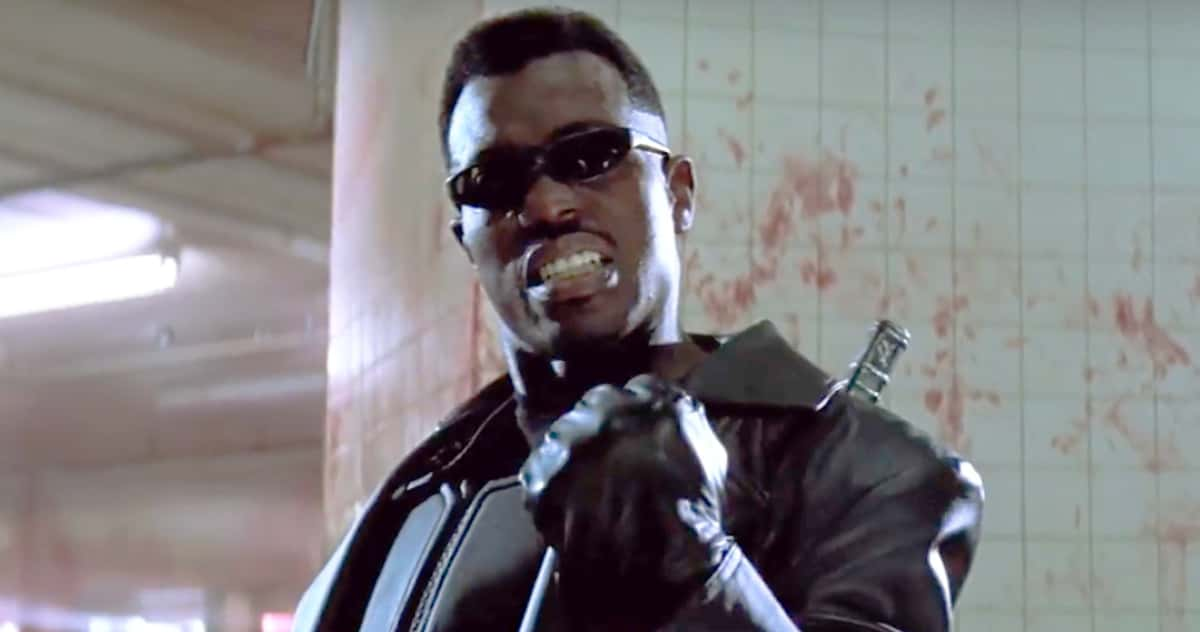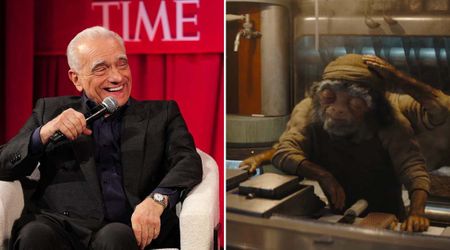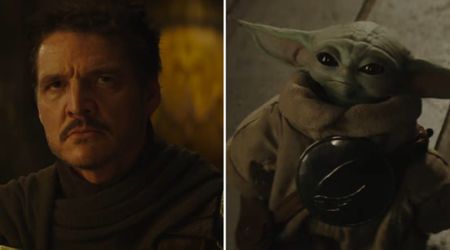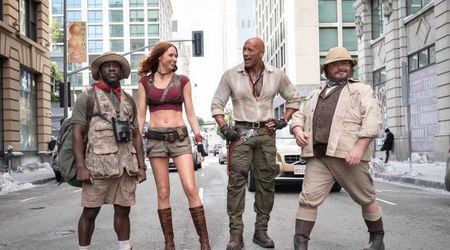Evolution of Vampires Onscreen: How 'Blade' explored class and race while paving the way for 'Black Panther'

Each week, MEA WorldWide (MEAWW) looks at how vampires have evolved in cultural depictions, be it in movies or television. Last week, we looked at the vampires of 'Buffy the Vampire Slayer', this week, we take a look at one of Marvel's best characters, Blade. Race, much like vampires, is a social construct — and so is class. While the vampire lore is increasingly being used to explore the differences in class and race structure in society, it was not always the case.
You can thank one particular Marvel comics character for that — Blade, otherwise known as Eric Brooks. When Blade was first introduced in 1973, he was a supporting character in 'The Tomb of Dracula' comics. However, it was in 1998 when Wesley Snipes portrayed the character in the movie of the same name that the character truly took off.
At the time, the superhero movie genre was not doing so well, with flops such as 'Batman Forever' and 'Batman and Robin' leading to reduced interest in the movies. However, when 'Blade' was released, not only did it revamp the genre but also pave the way for another great black superhero movie 20 years later — 'Black Panther'. 'Blade' also released in the aftermath of the Rodney King case in 1991, when he was violently beaten by LAPD officers during his arrest for fleeing and resisting arrest on the I-210. When the policemen who savagely attacked King were acquitted, the city of Los Angeles broke into riots, in one of the darkest events in America.

Of course, police brutality still endures. This week, George Floyd, an African-American man in his 40s died when a Minneapolis officer knelt on his neck for more than five minutes. "Your knee in my neck. I can't breathe... Mama. Mama," Floyd pleaded.
In another incident in Central Park in New York, a white woman, Amy Cooper called the police on a black man, Christian Cooper (no relation) after he told her to put her dog on a leash — which is required by the park's rules. "I'm taking a picture and calling the cops," Amy Cooper is heard saying in the video shot by Christian Cooper, "I'm going to tell them there's an African American man threatening my life."
At times like these, why are stories like those of Blade's important? When there is discrimination in entertainment, people of color have so few opportunities to tell stories that matter — that is starting to change, but it is nowhere near representative of what society is today.
When Blade's mother, Vanessa Brooks was pregnant with him, she was bitten by the white vampire, Deacon Frost. She apparently died giving birth to Eric, her son, who inherited vampires' powers, but none of their weaknesses. We later learned that Vanessa was still alive — she was turned into a vampire and was now a slave to Deacon, who took pride in owning her. Deacon also wanted to "own" Blade — reflecting the United States' history of slave culture.

Then, when Frost can't physically defeat Blade, he taunts the latter by calling him "Uncle Tom", a heavily loaded insult for black people considered to be excessively obedient or servile to white people, in this context, for Blade who is a half-vampire yet chooses to protect humans rather than feed on them as if to stay in their good graces.
In the book, 'Images of the Modern Vampire: The Hip and The Atavistic', the author writes, "Blade's inactive sexual aspect may be a reaction to the dominant culture's hypersexualization of the black male." To understand the context, the historic sexual abuse of African Americans by the dominant white society is strewn with the demonization of black men as sexual predators. It's not just race that 'Blade' explores. In the world of 'Blade', pureblood vampires — those who are born of vampire parents — are considered purebred when compared to those who were humans and then turned into vampires.
Exploring the issues of race and class through vampire fiction is more common today — the most recent being 'V-Wars' from Netflix starring Ian Somerhalder and Adrian Holmes. Much like 'Blade', vampirism is presented as a viral infection and the rise of vampires leads to a bifurcation of society as both humans and vampires fight for dominance. The impact of 'Blade' on such stories cannot be overlooked.
Follow MEA WorldWide's (MEAWW) weekly column on the evolution of vampires in film and television every Thursday










